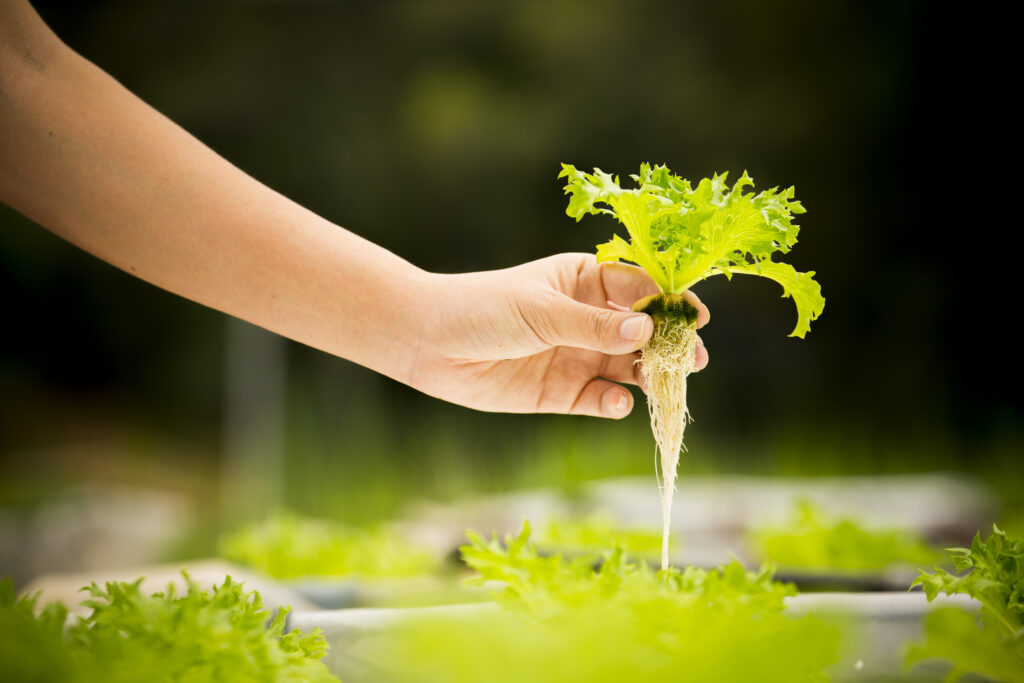Two Highland schools are to embark on an innovative food growing project after a £3,000 cash injection from Scotland’s inspection and curriculum development body.
Pupils at Applecross and Lochcarron primary schools in Strathcarron will delve into the world of ‘hydroponics’ with support from Education Scotland’s ‘food for thought’ fund.
Hydroponics, a growing process for plants that feeds on mineral nutrient salts dissolved in water and doesn’t require soil to grow, is a sustainable solution to future food production.
The funding will allow the schools, which share a headteacher under a ‘cluster’ partnership, to research, nurture and share plants grown through hydroponic methods.
They will work together to develop a garden laboratory and grow a crop to enjoy home grown vegetables.
Councillor John Finlayson, chairman of the education committee, said: “The hydroponic project is worthy of the food for thought funding. The project demonstrates innovation, offers dynamic learning experiences and offers an opportunity to broaden the skill set of pupils enabling them to make informed decisions, encourage food sharing within the community and learn about important environmental and sustainability issues.
“I wish all involved every success with the project and look forward in anticipation to see how the hydroponic growing method works in our environment and what opportunities it could develop for the future.”
Robert Gill, Applecross and Lochcarron cluster head teacher, said: “We are absolutely delighted to have been successful in being awarded nearly £3,000 from the food for thought funding application submitted to Education Scotland. I submitted the application at the end of last term and look forward to sharing the good news with the schools.
“We are all immensely interested to see how this cutting edge learning opportunity develops in the months ahead and hope to report back successes and evidence of the children enjoying the vegetables they have grown. It is fantastic opportunity to embrace outdoor learning and empower the children and staff throughout the new school year.”
The project will begin next month and will follow a five-step approach, as outlined below.
- Phase one: Students will be introduced to the science and methodology which lies behind hydroponic growing methods. This will form the initial research phase of the project. It will specifically involve looking at the ethics behind growing through hydroponic means. Pupils will then learn about world food shortages, sustainability, as well as investigating hydroponic projects already going on in the wider world. It will offer an opportunity to learn about the quality and nutritional value of vegetables grown in this way.
- Phase two: Students will learn about the different systems available and research the different types of hydroponic systems which are used across the globe. They will meet online with growers and hydroponic specialists from around the world. They will evaluate the pros and cons for each type of system – and then as a collective identify how to move forward and build their own systems. Studnets will also identify suitable locations for the hydroponic system.
- Phase three: Source the range of equipment, purchase and install. The schools have sourced local and Scottish companies and providers which has been “informative and helpful” in identifying what vegetables could be suitable to grow, and which will provide them with the “best chance of success”. A STEM (science, technology, engineering and mathematics) learning process for all involved.
- Phase four: The growing phase – students will investigate the timescales involved to maximise growth of the vegetables. They will strive to establish how they can support and look after them during this critical rapid growing phase. Teams of children will be formed who specifically work across both of our schools. What is our feedback so far – how does hydroponic growing systems compare to our localised traditional methods? This opportunity will be used to scientifically record progress and introduce important data handling.
- Phase five: The testing and selling phase -taste testing of the hydroponic vegetables by children will begin across both cluster primary schools. The end goal will be to work with The Highland Council to identify the suitability to supply hydroponic grown vegetables within the menus in its school kitchens.
The hydroponics project was one of 365 applications for the food for thought education funding, of which 62 were successful.
The application was assessed and graded by a panel from Education Scotland, Scottish Government, Royal Highland Education Trust (RHET) and Zero Waste Scotland.
